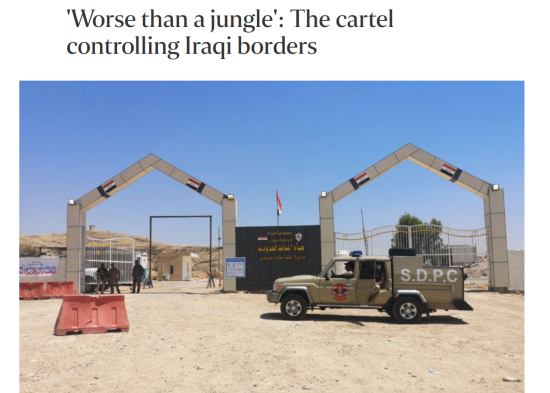
Ann Patchett's 2001 novel, Bel Canto, was awarded the Orange Prize and PEN/Faulkner Award for Fiction, and was on Amazon's Best Books of the Year. This is the movie adaptation.
The premise: Japanese industrialist Hosokawa (Ken Watanabe) has been induced to visit an unknown Latin American country because renowned opera singer Roxanne Coss (Julianne Moore) will be performing for a select gathering at the vice-presidential mansion. The government hopes that Hosokawa will build a factory in their poor nation.
Before Roxanne can even finish the first song, however, rebel guerillas seize control of the palace. They had hoped to capture the president, but he apparently does not like opera and did not attend at the last minute. The guerillas demand that the government release all political prisoners.
The hostage crisis drags on for weeks. Hosokawa tries to protect Roxanne, aided by his translator, Gen (Ryô Kase). Meanwhile, a guerilla named Carmen (María Mercedes Coroy) asks Gen to teach her to read and write.
A Red Cross envoy, Messner (Sebastian Koch), begins to visit the compound regularly to negotiate a peaceful resolution, but the guerillas are not willing to compromise. The guerillas practice executing their hostages. When the government shuts off the water supply, Roxanne is persuaded to sing from a balcony. The beautiful singing results in the government turning the water back on, and the relationship between guerillas and hostages becomes less strained.
What will happen between Hosokawa and Roxanne, Gen and Carmen? Will the guerillas begin negotiating? Will the stalemate go on 'forever' as some dream? Will friendship develop between guerillas and hostages? What will the government do?
This is a beautiful production, with operatic music, taking place almost entirely within the vice-presidential palace. The large cast performs excellently (with the possible exception of Koch, who seems angry all the time).
One problem with the format is that we get to see very little of what's going on outside the compound, and we only hear the guerillas' perspective of the government (corrupt, authoritative) despite the fact that the vice president is one of the hostages. The guerillas start the movie as violent thugs calling each other 'comrade' and promoting revolution, only over time to be revealed as a college professor, a nice kid who needs a job, a young woman who likes soap operas, and an aspiring singer. Thus the guerillas become humanized, while the government remains faceless and threatening.
Can you wargame it? The guerillas face no opposition when they take the palace, but you could wargame a scenario where government forces storm the compound to rescue the hostages.
I had mixed feelings on this one. The movie is well done and a pleasure to watch. The ending is poignant. However, I felt the theme that beautiful music can solve our problems was heavy-handed, and the 'guerillas are good guys too' subplot trivialized the terrorism and turned the extremists into victims. The movie failed to show the trauma of being a hostage. So I cannot recommend this movie as an honest depiction of such an event.








